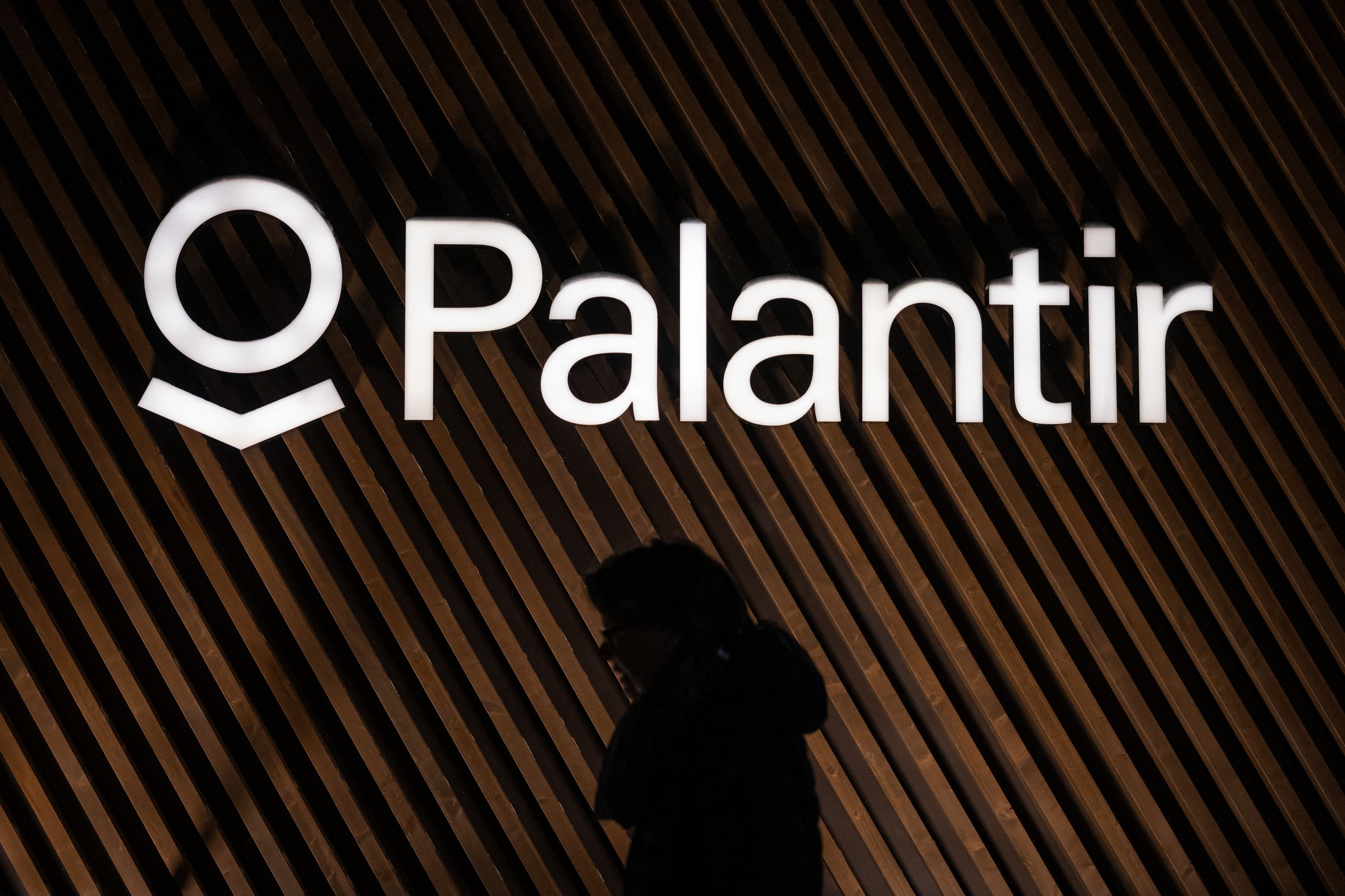Most investors would love to find a growth stock that just keeps booming, no matter what. And with shares up by almost 400% during the last 12 months, Palantir Technologies (PLTR +0.31%) certainly seems to fit the bill. To be sure, when something looks too good to be true, it probably is. Let's discuss three reasons the stock could plunge in September or beyond.

NASDAQ: PLTR
Key Data Points
Is enterprise AI overhyped?
It's been almost three years since OpenAI's ChatGPT introduced the world to generative artificial intelligence (AI) large language models (LLMs). And while these algorithms have taken off with regular consumers, the crucial enterprise side of the industry might be underperforming expectations. According to a study from the Massachusetts Institute of Technology (MIT), a whopping 95% of enterprise AI pilots fail to deliver meaningful results for clients.
This finding calls into question the sustainability of the billions in capital expenditures pouring into both the hardware and the software sides of this industry. And the smart money is already taking notice. According to Steve Sosnick, chief strategist at global trading platform Interactive Brokers, institutional investors have already begun to trim their AI exposure while retail investors continue to buy the dips.
Does Palantir have a secret sauce?
Despite the possible cracks forming in the enterprise AI software market, Palantir's business is still firing on all cylinders. Second-quarter revenue surged 48% year over year to $1 billion, driven, perhaps surprisingly, by U.S. enterprise clients. Sales jumped 93% to $306 million.
While Palantir's brand was built on its government and military contracting, most of its top-line growth is now being driven by regular companies looking to take advantage of its AI-driven data analytics tools. On some level, this contradicts the MIT report that suggests corporations are struggling to incorporate AI tech into their operations. However, on the flip side, this reliance on private sector adoption may call Palantir's economic moat into question.
Palantir isn't the only enterprise software company using LLMs to help businesses analyze their internal data. For example, tech giants like Snowflake and Microsoft (through a platform called Fabric) offer similar AI-powered data analytics solutions for enterprise clients. Over the long term, investors should expect these rivals to encroach on Palantir's market share, potentially lowering its growth potential and margins.
The stock's valuation looks too high

Image source: Getty Images.
Neither of the previous two challenges would make Palantir a bad investment by itself if the stock had a reasonable valuation. The problem is that it doesn't. With a forward price-to-earnings (P/E) ratio of about 200, Palantir trades at an immense premium over the S&P 500 average of 22 and other high-profile AI stocks like Nvidia and Microsoft, which boast relatively modest forward P/Es of 40 and 33, respectively.
Palantir's rich valuation is difficult to explain based on fundamentals. And the company may have attracted a cult following based on the celebrity status of its co-founder, Peter Thiel, who was an early supporter of President Donald Trump and mentored his vice president, JD Vance. Investors may be assuming that political proximity could unlock value for Palantir that might not show up in its financial statements.
Of course, political exposure also comes with risks (take Elon Musk's Tesla, for example). And if Palantir's brand becomes too politically charged, it could drive enterprise clients away. Overall, the risks of Palantir stock seem to outweigh the potential rewards right now. And investors should wait for the valuation to drop before considering a position.










